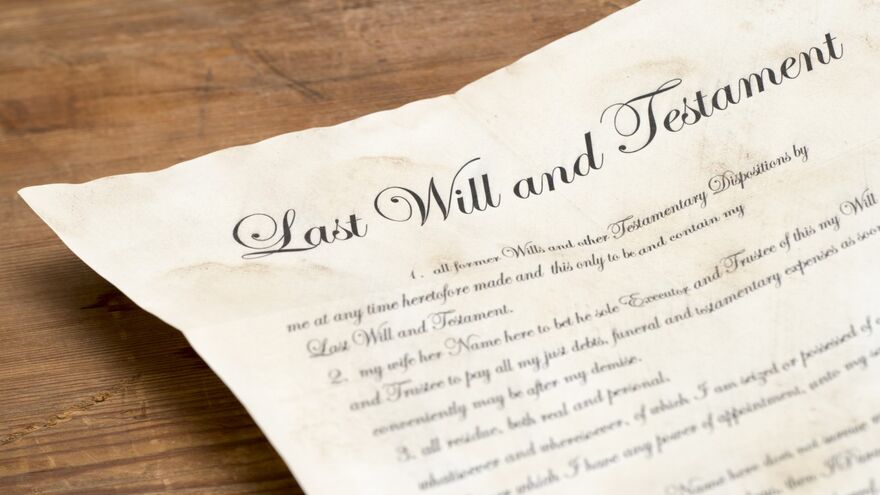When the Covid pandemic hit the UK it brought into sharp focus for a lot of people that they may not be indestructible. With additional time during lockdown and the threat looming large of a deadly virus, many people made the decision to get their affairs in order.
Many people approached solicitors who in turn worked hard in difficult circumstances to draft Wills that could be executed in a way that complied with social distancing rules. Large numbers of people, however, turned to the internet or postal forms and took on the role of “DIY Will Writer”.
Wills appear easy to write. After all, a Will is just your wishes written down and signed, right? Well no. A Will is a hugely important document that doesn’t just give effect to your wishes after you are gone. A properly drafted Will has the power to save your Estate tax and to avoid propelling family members into legal disputes and emotional upsets that can be avoided with thought and planning.
A recent Freedom of Information request has identified that in the period 2019 to 2021 there was a 37% increase in the family disputes over inheritance with over 10,000 cases being litigated in 2021.
This increase will be due to a number of factors of course including wider information being available about the possibility of bringing a claim (a slew of high profile case reported in the “popular” press have brought contentious probate claims to the attention of a wider market), the increase in second and blended families and the continued increase in property prices (making Estates worth arguing about).
DIY Wills are at the forefront of the Wills being challenged and it is not hard to work out why. A DIY Will is far more likely to be executed incorrectly, to have failed on the requirements for witnessing or to contain errors. Wills that divide estates into shares but fail to give away all the shares (or give away too many), Wills that miss out key beneficiaries or are unclear about beneficiaries and Wills that fail to make provision for those who need it most are increasingly common.
“Wills are the documents that determine where your assets go” comments Jennifer Laskey, a Director at Howes Percival and a specialist in contentious trusts and probate litigation. “They are not the place where you want to cut corners and run the risk of making a mistake. Where people do that their family members often end up consulting me later on and spending far more on legal costs than a properly drafted Will would have cost the deceased.”
Research by Royal London found that over half of adults in the UK do not have a valid Will and over ¾ of adults aged 18 to 34 do not have a Will despite the fact that they may own property and have children to provide for. Many assume that their assets will “just pass” to relatives when they die when in fact the intestacy laws strictly govern who gets what. Co-habiting couples are particularly at risk from the fallacy that being “common-law” spouses will protect them.
“Talking about what will happen when you die does not make it happen” reflects Jennifer Laskey “but failing to record your wishes properly really can leave a mess for those you love to sort out. Even if you think you have made a Will it is always sensible to get it checked by a professional and reviewed regularly”.
As the increase in DIY Wills plays out there will be more and more claims against Estates and challenges to the validity of Wills. Avoiding or reducing the risk of a dispute is far easier during a lifetime than after a death.
If a dispute does arise then getting the right advice is, again, key. “This is a specialist area of the law” Jennifer points out. “There are lawyers who dabble in contentious trusts and probate litigation but ideally you should appoint a specialist who understands this area of the law. An ACTAPS (Association of Contentious Trusts and Probate Specialists) qualified lawyer is going to be your best bet for a reasonable outcome.”
If you are facing a dispute about a Will or the administration of an Estate or a Trust contact our specialist team. For further information click here.
The information on this site about legal matters is provided as a general guide only. Although we try to ensure that all of the information on this site is accurate and up to date, this cannot be guaranteed. The information on this site should not be relied upon or construed as constituting legal advice and Howes Percival LLP disclaims liability in relation to its use. You should seek appropriate legal advice before taking or refraining from taking any action.

